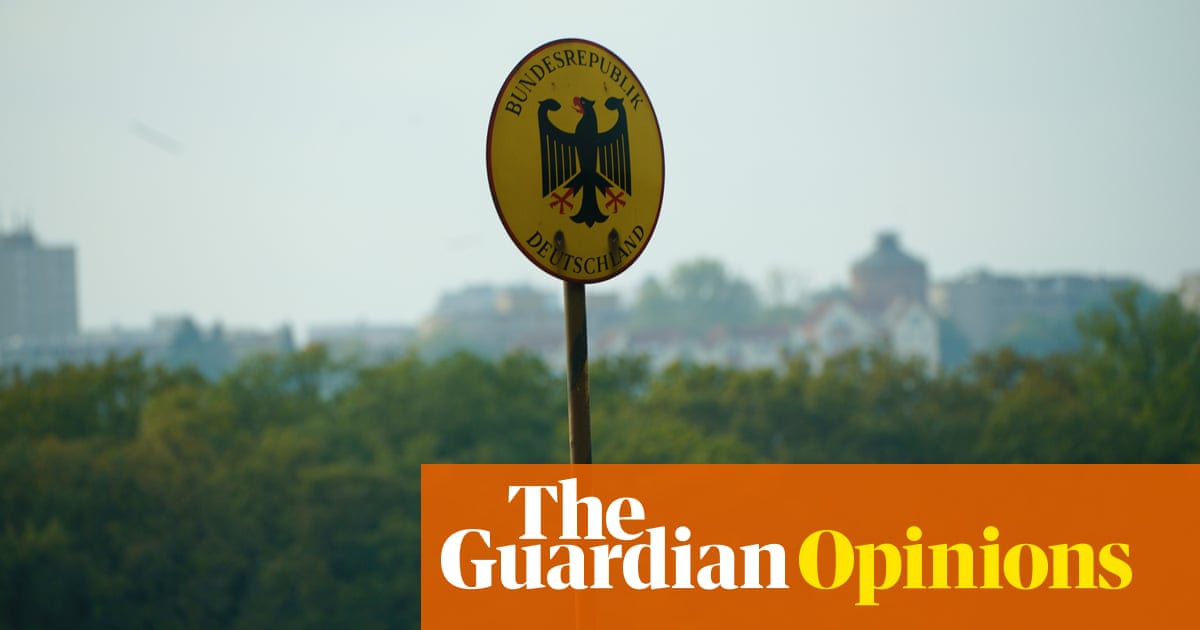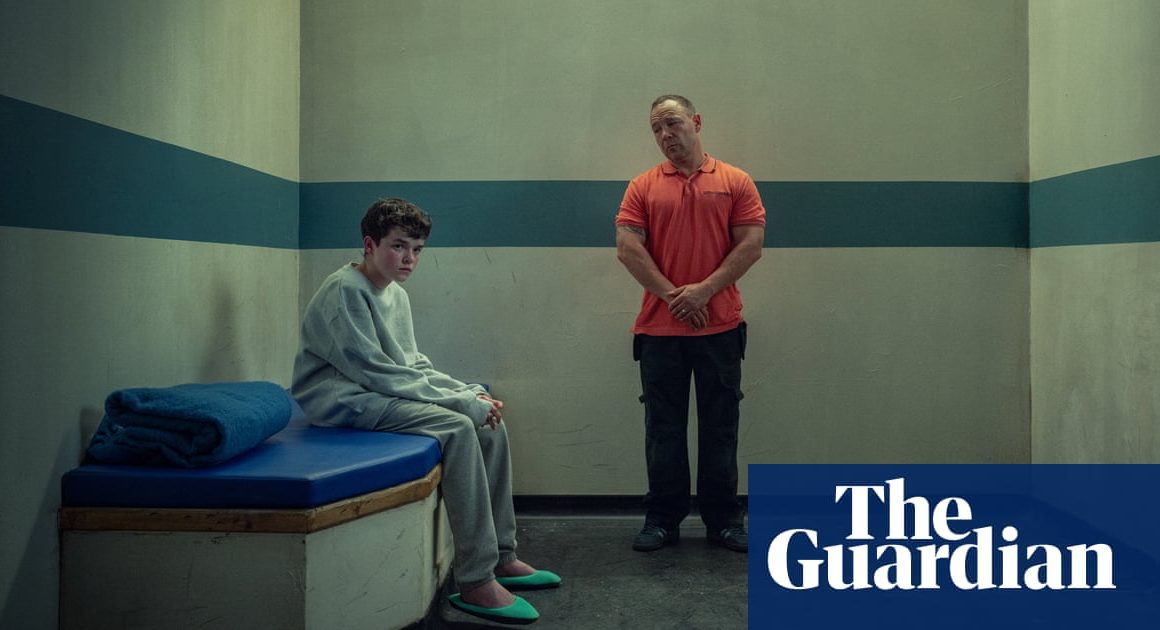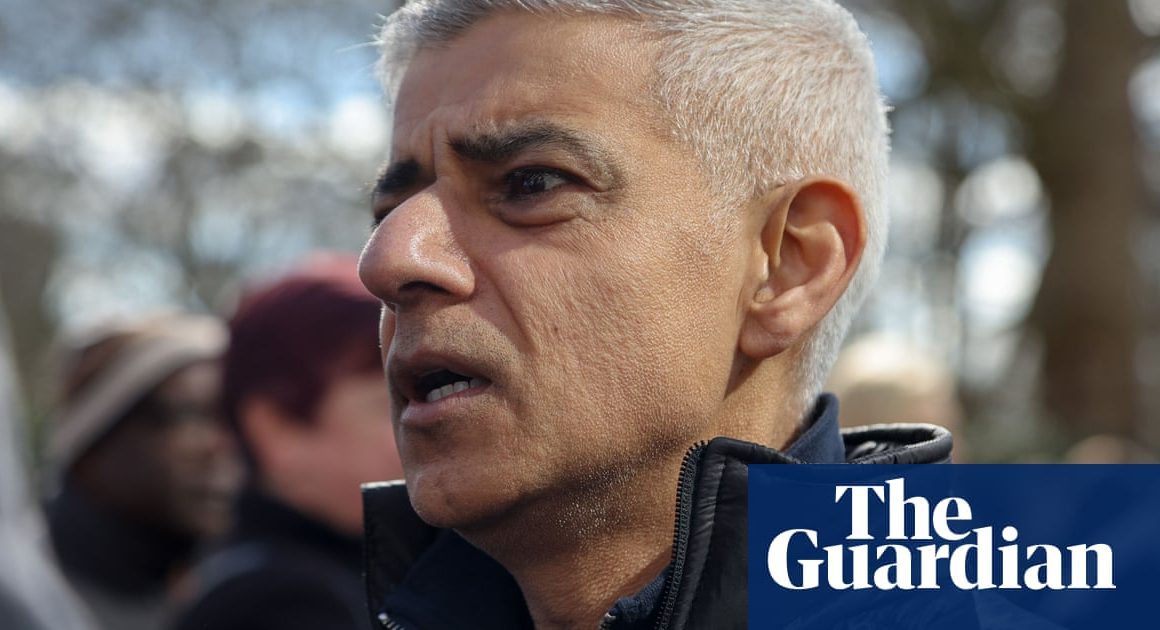I live in a small, quaint old town in north-west Germany, and every day I attend four hours of German and integration lessons. I attend because I am an immigrant: I am South African, and moved to Germany three months ago, along with my German husband and our children. These classes, which will take 700 hours to complete, are a requirement of my staying here for more than a year.
The course takes place at the local Volkshochschule (VHS – “the people’s high school”), a network of about 900 public adult education centres that offers a wide range of courses, including languages and vocational training. The schools are deeply rooted in Germany’s commitment to lifelong learning and social inclusion.
As of last month, however, Germany – having been seen in recent years as a humanitarian beacon for its track record in welcoming asylum seekers and refugees – is tightening its borders. The new policy has sent a clear message to those seeking refuge: you are no longer welcome here. It came against the backdrop of massive gains for the far-right Alternative für Deutschland party (AfD) in state elections, and it is hard not to see the border clampdown as part of a strategy by chancellor Olaf Scholz’s Social Democratic party (SPD) to stem the AfD’s momentum.
I’ve been shocked to hear people in my “liberal” social ambit talk about “the refugee problem” – with tropes of violence, misogyny, laziness and refusing to integrate. At a recent dinner party, someone said: “The Syrian refugees are so lazy, they prefer to live off our tax money rather than work, while real Germans are homeless and sleeping under a bridge.”
In clamping down on the borders, caving into a demand from the far right, the coalition government has validated sentiments such as these. Meanwhile, in my integration class, each of us is striving, week by week, to learn German and understand the culture. Most of us want to find meaningful work and understand how we can best fit into the country we now call home. My classmates, who include qualified teachers and mechanical engineers, possess skills that are needed here.
I learn alongside refugees, mainly from Syria and Ukraine, as well as other “regular immigrants” like me, from non-EU countries (the federal government covers the course fees for jobseekers, asylum seekers, and refugees, while immigrants from non-EU countries must pay). Failure to pass the language test or complete the integration course can result in difficulties in extending temporary residence permits, obtaining permanent residency or German citizenship, and in some cases, can have financial consequences, such as fines or a reduction in social benefits.
In class, we learn about history, politics, culture and identity, with our teachers emphasising the importance of freedom, equality, tolerance and multiculturalism in German society. I see the strong commitment of German teachers and administrators doing all they can to help migrants integrate. They offer support that goes well beyond the classroom – from helping participants navigate Germany’s sometimes overwhelming bureaucratic systems to intervening in domestic violence situations.
Commitment to these principles of compassion, inclusiveness and solidarity represents what is best about German identity. Yet the rise of racism and anti-immigrant rhetoric put these very ideals in jeopardy. Our headmistress recently told our class: “Racism is everywhere and Germans are racist, too. If someone hears you’ve been here for nine years and you still haven’t learned the language, you have no chance!” She spoke to us about how she’s had to handle incidents of violence in the classroom (unsurprising when you think most of the students are traumatised, having fled wars). She has had to call the police in a few times, and they advised her to install security. Her response? “If I were to do that, I would resign from this job. This is not the country I want to live in, where we live in fear, expecting the worst of people.”
I wonder if many Germans ask themselves that question: what kind of country do I want to live in? My desk at home faces a beautiful 12th-century Protestant church. When I sat down at my desk, two days after the border clampdown on 26 September, I was confronted with a shocking sight. The house next to the church had been defaced overnight. In red spray paint, there was a swastika next to “Heil Hitler”, as well as other messages such as ““Fuck the system”. This disgraceful act is a hate crime in Germany.
Policing all land borders will come with racial profiling and potential human rights violations. How does this sit with German values and culture, which include a strong commitment to human rights, justice and solidarity? Can the German government truly not find more effective ways to harness the country’s collective knowledge and expertise to address the root causes of irregular immigration? To agree on a European solution rather than turning desperate people away? To directly address fears and concerns with data on the impact of immigration. To deal with any structural issues in the east that drive voters towards the AfD?
By hardening the borders and turning in on itself, Germany risks not only undermining the EU project and damaging its economy. It is also sacrificing its values. For ordinary citizens, like the staff and students at the VHS, this is not who we aspire to be. Germany faces a dangerous moment. The writing is quite literally on the wall.












